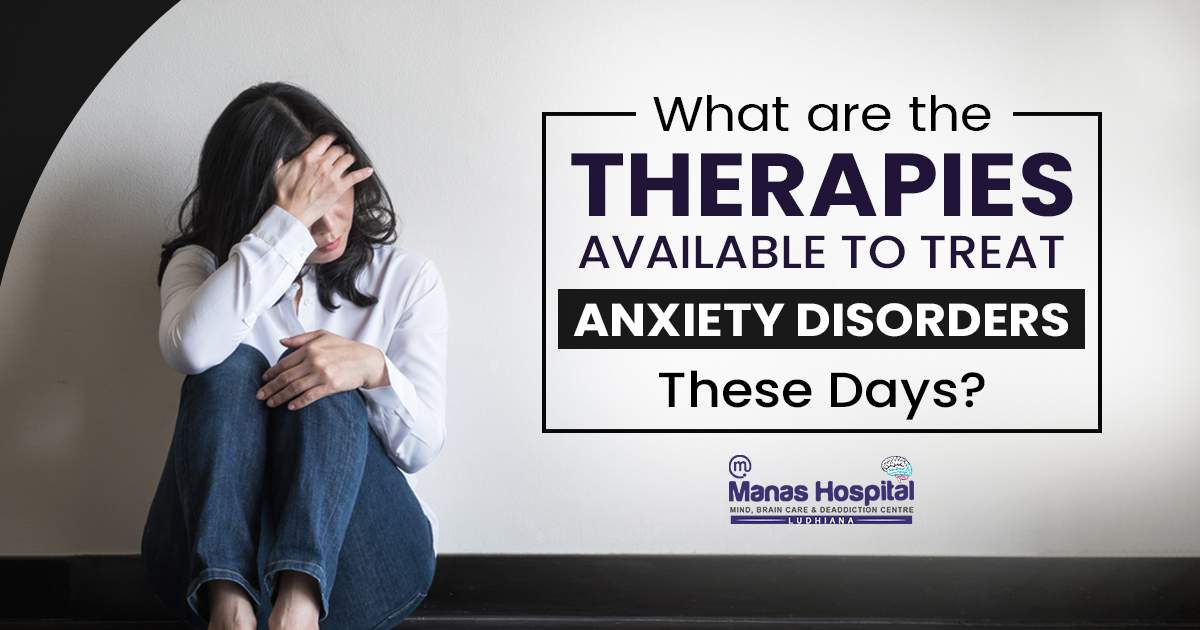
What are the therapies available to treat Anxiety Disorders these days?
This is good to learn that you don’t have to struggle with distress and panic attacks because you suffer from nausea, anxious thoughts, endless fears, or incapacitating phobia. Medication can improve, and therapy is also the most beneficial alternative for certain anxiety disorders.
This is because, contrary to anxiety therapy, anxiety medication is not only about the symptoms of the problem.
Anxiety conditions differ widely, and the particular medical signs and treatment need to be modified. For starters, the diagnosis would be different because you have an obsessive-compulsive disorder (OCD) from someone who wants help with anxiety attacks.
The duration of therapy also depends on your anxiety type and severity. Many anxiety therapies are however relatively brief. To get the therapy, you need to visit the Psychologist in Ludhiana. He will examine you and tell you what type of therapy is beneficial for you.
Anxiety cognitive behavioral therapy ( CBT)
The most widely used therapy in anxiety disorders is cognitive behavioral therapy (CBT). Evidence has found it to be associated with many other disorders in the management of panic disorder, phobias, and social anxiety disorder. In our understanding of the universe and ourselves, CBT tackles harmful attitudes and misconceptions. This involves two main elements, as the name suggests:
-
Cognitive therapy examines the contribution to the anxiety of negative thoughts or cognitions.
-
Behavior counseling explores how you handle and respond in nervous circumstances.
Anxiety exposure treatment
Anxiety is not an enjoyable experience, and it’s just normal that you should stop it. One approach for individuals to do that is to maintain their anxieties away from circumstances. When you’re scared of heights, you might travel three hours away to keep a large bridge from crossing. And if you have your belly in knots from a promise of public speaking, you could miss the wedding of your best friend to prevent toasting. In addition to the disadvantage factor, the problem is that you never have the opportunity to overcome your fears. In reality, it also reinforces them by ignoring your fears.
As the name suggests, Exposure therapy opens you to circumstances or events that you hate. The hope is that you become gradually in charge of the scenario by regular stimuli and that the discomfort should decrease. Exposure counseling can be done individually or as part of cognitive therapy.
Systematic desensitization
The awareness treatment typically begins in a condition that is merely slightly intimidating, rather than directly facing the worst anxiety, and maybe traumatizing. The method is called gradual or systematic desensitization phase by phase. Systematic desensitization lets you confront your worries, develop confidence, and learn skills to handle panic slowly.
Certain other complementary therapies for anxiety disorders
-
Exercise
-
Relaxation techniques
-
Biofeedback
-
Hypnosis






